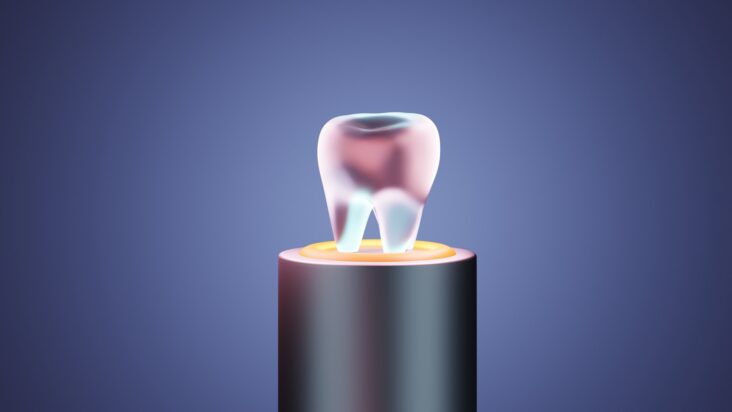Many medical conditions directly or indirectly affect one’s mouth, teeth, and gums, from infections to diseases. While some individuals may be more likely to develop these medical conditions due to genetics and lifestyle, it is important to be aware of them and the connection between oral health and overall health. This way, you can have the proper dental care for your condition.
Here are the following medical conditions that are linked to your oral health:
1. Heart Disease and Stroke
Recent research has linked gum disease to increased heart disease and stroke risk. Studies have shown that people with gum disease are more likely to promote heart disease and stroke than those without gum disease.
It is not yet clear how gum disease enhances the risk of heart disease and stroke, but it is believed that the bacteria in the mouth can enter the bloodstream and cause inflammation, leading to plaque build-up in the arteries. This can lead to the narrowing of the arteries, extending the risk of a heart attack or stroke.
2. Organ Transplant
Organ transplants are life-saving procedures that can give patients a new lease on life. However, before any organ transplant, it’s important to ensure the patient is healthy and that the organ being transplanted is in good condition. That’s why doctors will always check for the presence of gum disease before a transplant is done.
Individuals with gum infections are more likely to experience complications after a transplant. The bacteria in the mouth can enter the bloodstream and cause inflammation in the organs, leading to the rejection of the transplanted organ. Therefore, undergoing dental care and treating gum disease before undergoing a transplant is important to reduce the risk of complications.
3. Sjogren’s Syndrome
Sjogren’s syndrome is a chronic autoimmune disorder affecting the body’s saliva and tear glands. It is a systemic disorder that can cause dry eyes and mouth, fatigue, joint pain, and dental issues.
People with Sjogren’s syndrome are at greater risk for developing gum disease due to dryness in the mouth. Without enough saliva, the bacteria in the mouth can grow unchecked, leading to inflammation and infection. Additionally, people with Sjogren’s syndrome are more likely to develop cavities due to the lack of saliva and its protective effects.
4. Rheumatoid Arthritis
The connection between dental care and rheumatoid arthritis is related to the inflammation associated with the disease. Rheumatoid arthritis is an autoimmune condition that induces inflammation in the body’s joints, leading to pain, stiffness, and swelling.
This inflammation can also affect the teeth and gums, making it more difficult to maintain good oral hygiene. Individuals with rheumatoid arthritis are more prone to develop periodontal disease, cavities, and other dental issues due to inflammation and the inability to care for their teeth properly. Hence, regular dental visits are important for people with rheumatoid arthritis, as regular check-ups can help prevent and detect dental problems early on.
Final Thoughts
Proper oral hygiene is very important for a person’s overall health. Not only do poor oral hygiene habits contribute to cavities and gum disease, but they can also lead to several other medical conditions. These conditions range from stroke and diabetes to heart disease and even some types of cancer. Taking these steps can ensure a healthy mouth and a healthy body.
Watertown Dentistry provides dental care in Watertown to help patients maintain their oral health. We understand oral health’s importance and strive to ensure that our patients receive the best dental care available. Schedule an appointment with us today!

